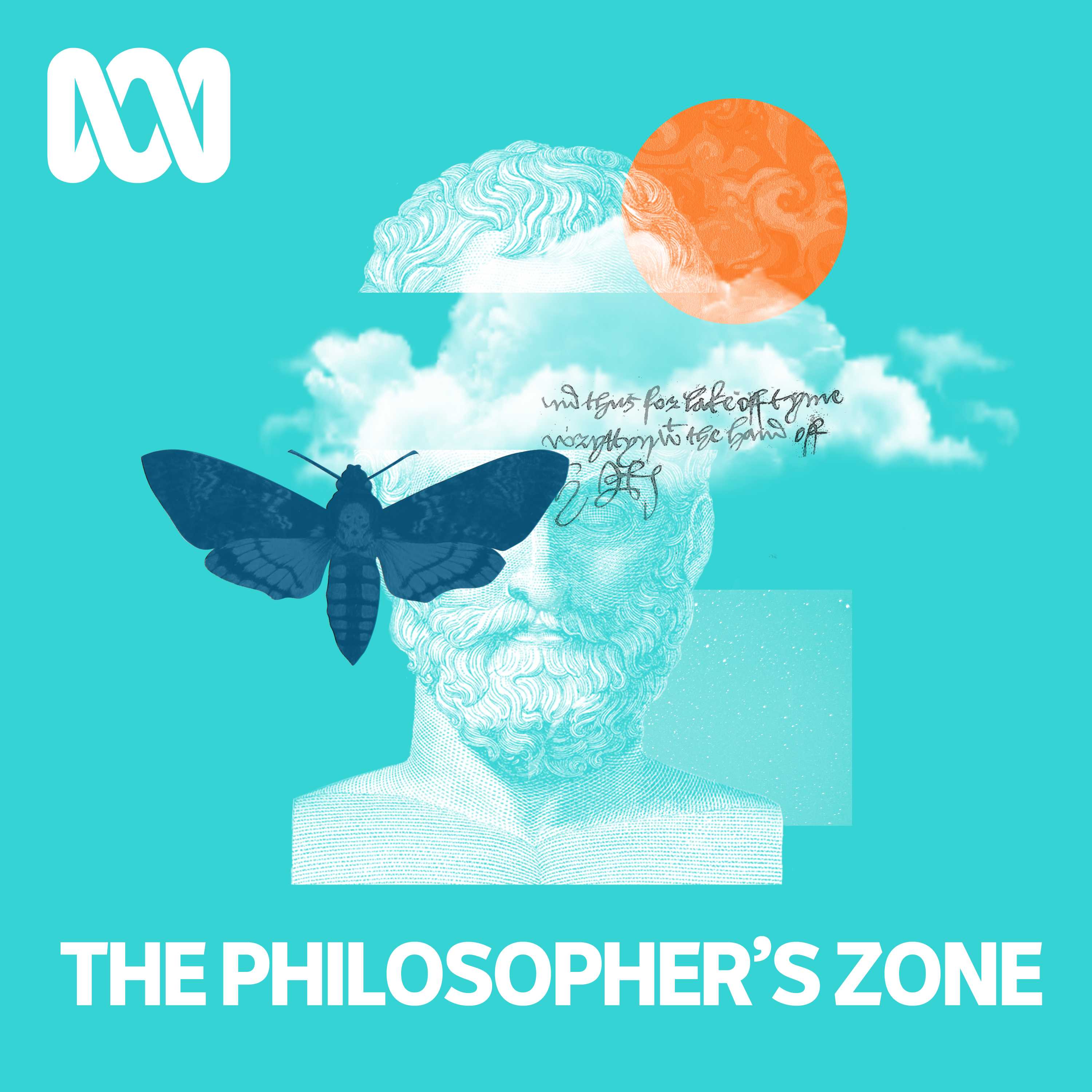

Philosopher's Zone
ABC
The simplest questions often have the most complex answers. The Philosopher's Zone is your guide through the strange thickets of logic, metaphysics and ethics.
Episodes
Mentioned books

Jan 23, 2022 • 28min
What we talk about when we talk about race
The 19th century notion of race as something rooted in biology and genetics is a well-debunked idea whose time has passed. But the more recent liberal conception of race as a social construct fails to acknowledge the ways in which race is lived in and through the body (something the COVID pandemic has thrown into sharp relief). This week we’re talking about race as theory and experience, and how best to increase racial literacy.

Jan 16, 2022 • 28min
The death of analytic philosophy?
The death of analytic philosophy has been confidently predicted for almost as long as analytic philosophy has been around. But today, with profound challenges posed by feminism, postcolonialism and critical race theory, could its long-heralded demise finally be on the horizon? And what exactly do we mean when we talk about analytic philosophy anyway – is it a science, a tradition or little more than a style?

Jan 9, 2022 • 28min
Restlessness
Feeling a little distracted lately? Most of us are, and not just lately. We tend to view withering attention spans and the compulsion to seek change for its own sake as curses of the social media era, but restless dissatisfaction has been the subject of philosophical inquiry for centuries.

Jan 2, 2022 • 28min
Structural injustice and individual responsibility
Who is responsible for structural injustice? The answer is “practically everybody” - but that can be just another way of saying “effectively nobody”. So what responsibility do individuals bear for structural injustice? And how can this responsibility be acted upon, without falling into practices of blaming and shaming?

Dec 26, 2021 • 28min
Derrida and difficulty
In the late 1960s Michel Foucault, on being asked to grade an undergraduate dissertation written by Jacques Derrida, remarked “Well, it’s either an F or an A+” The philosophy community’s verdict on Derrida has changed little in the decades since. This week we’re talking with the author of a new biography of this enigmatic philosopher.

Dec 19, 2021 • 28min
The many worlds of David Lewis
Many believe that David Lewis had one of the finest minds of any modern philosopher. His concept of modal realism – the idea that infinite alternative worlds exist concretely in spacetime – was celebrated by his peers even while they doubted it, and his freewheeling style of writing demonstrated that it’s possible to be philosophically rigorous and still have fun. This week we explore the life and work of this pioneering American intellectual who had close ties with Australia.

Dec 12, 2021 • 28min
Mathematics and the good life
Mathematics is often understood as something technical – essential to making sure our buildings and bridges don’t fall down, but not offering much in the way of moral interest. This week we’re asking whether or not that’s true, and finding that mathematics has strong historical connections to the philosophy of how to live well.

Dec 5, 2021 • 28min
Bad thinking and good people
The sheer persistence of conspiracy theory and other forms of irrational thinking gets more baffling with each passing day. How did we get to this point? And how can we turn things around? This week we’re considering the notion that conspiracy theorists are not evil or stupid, but have fallen prey to epistemic stubbornness – and we’re asking how philosophy can help.

Nov 28, 2021 • 28min
The individual and the collective
Climate change has landed us in a collective action dilemma – a situation where cooperation would benefit us all, but conflicting individual interests keep getting in the way. How can we, as individuals, enlarge our sense of self to the point where the broader community – national and global – is more than just an abstraction? And is “we-mode” reasoning always morally preferable to “I-mode” reasoning?

Nov 21, 2021 • 28min
Philosophy and psychedelic experience
In some ways, you could say psychedelics and philosophy share a similar set of purposes. But does that mean they're different expressions of the same impulse - to know, to understand, to become wise? And is it possible to set aside the 1960s countercultural baggage and attain psychedelic experience without the use of drugs?


